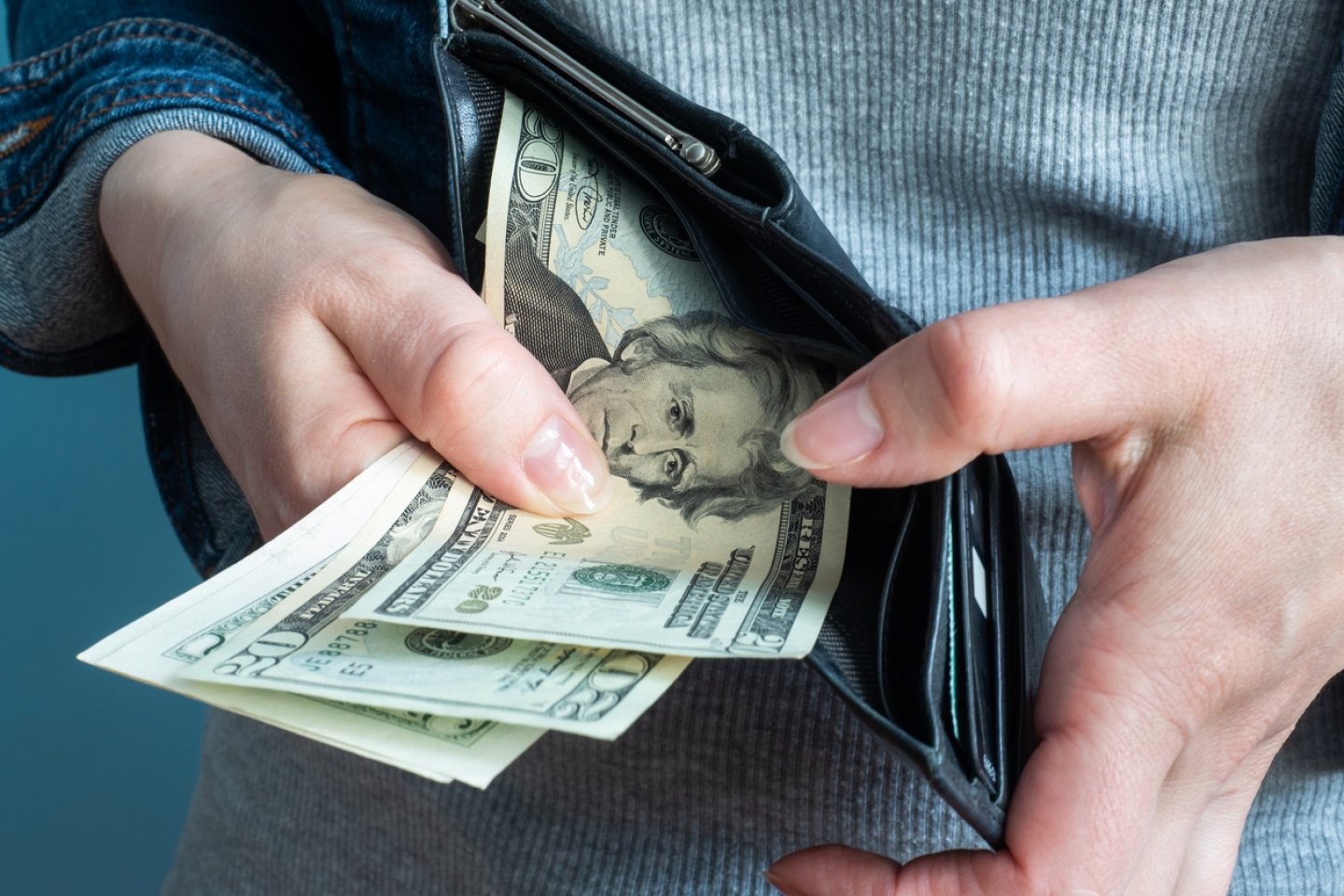The Payment Choice Act was recently reintroduced to congress in early July. This bill makes it unlawful for a retailer to refuse to accept cash for payment, post signs stating that cash payments are unaccepted, or charge a higher price to a customer who pays by cash. A consumer’s right to pay with cash was threatened during the pandemic as many retailers attempted to ban cash transactions due to the fear that cash could transmit the COVID-19 virus. However, this was quickly debunked by scientists, and it is important to remember the importance of cash in our society. In fact, the Diary of Consumer Payment Choice, an annual research report conducted by the Federal Reserve, has recently released findings of consumer payment behavior from 2020 and cash still accounts for 19 percent of all transaction payments, and the amount of cash carried by consumers has increased by $20 in 2020 with the average now at $74.
Organizations like the National Armored Car Association (NACA) and the ATM Industry Association (ATMIA) actively advocate for legislation that protects cash as an accepted payment method for everyone. More than 15 states have introduced legislation that prevents retail locations from banning cash as an accepted form of payment, and with the re-introduction of the Payment Choice Act will ensure consumers can always pay for goods and services with cash and won’t be discriminated against.
Removing cash as a viable payment method would have severe consequences for consumers and businesses alike because it not only disenfranchises a large group of the population that prefers cash as their payment method, but it limits the overall amount of consumers a business can sell to. According to the NACA and the ATMIA cash is an integral part of society because:
1. Cash does not discriminate
More than 26 percent of the U.S. population is unbanked, meaning they don’t use any banking services at all, or underbanked, meaning they might have a checking account, but they do not use any lending services. This means that cash is the primary form of payment for this group and putting restrictions on cash payments disenfranchises a significant amount of the population. Accepting cash is important in protecting this population and acts as an equalizer regardless of income level or race.
2. Cash protects consumer privacy
Every consumer is different when it comes to the amount of privacy they want when it comes to transactions, and there is no doubt that cash transactions are more private than electronic payment methods. The desire of privacy will be a major contributing factor when it comes to the future of cash, and many consumers have a significant amount of distrust when it comes to digital payment methods already. This is due to the ample amounts of security and data breaches at companies that have ended up losing consumer credit card information. In addition to the data breaches, credit card companies and P2P apps are able to keep track of purchases and even know your active location. Having the option to pay in cash is important for consumers who value their privacy.
3. Cash keeps cost low for businesses
When businesses accept card payments, they are often paying for equipment fees, processing fees, and interchange fees. When consumers opt to pay with cash there are no additional fees or cost to the business. According to NACA, credit card transaction fees can cost a business 2.5-5.5 percent of each sale.
4. Cash is reliable
Today’s society relies heavily on technology and electronic payments for many things. The Consumer Payment Choice research shows that in-person transactions significantly decreased in 2020, which is due to mandatory lockdowns of many businesses throughout the year. However, there are times where payment apps go down, the internet goes out, there’s a loss of power, or even a natural disaster. In these moments, electronic payments are often useless or cannot be accessed. The same can’t be said about cash. Cash is a reliable form of payment because it can be used even when electronic payments can’t.
The COVID-19 pandemic drastically changed consumer behavior and payment choice. It is still unclear if these changes are long-term or short-term, but the value of cash and the acceptance of cash as a payment method will not decrease. Cash is an inclusive, reliable, and private form of payment that consumers should always have access to, and the Payment Choice Act will ensure that all consumers in the United States can make purchases from retailers using the payment method of their choice. We appreciate Representatives Payne and Smith for reintroducing the legislation, and we urge everyone to share their support for the Payment Choice Act with their congressional representatives.
Guest Authored by Loomis US
